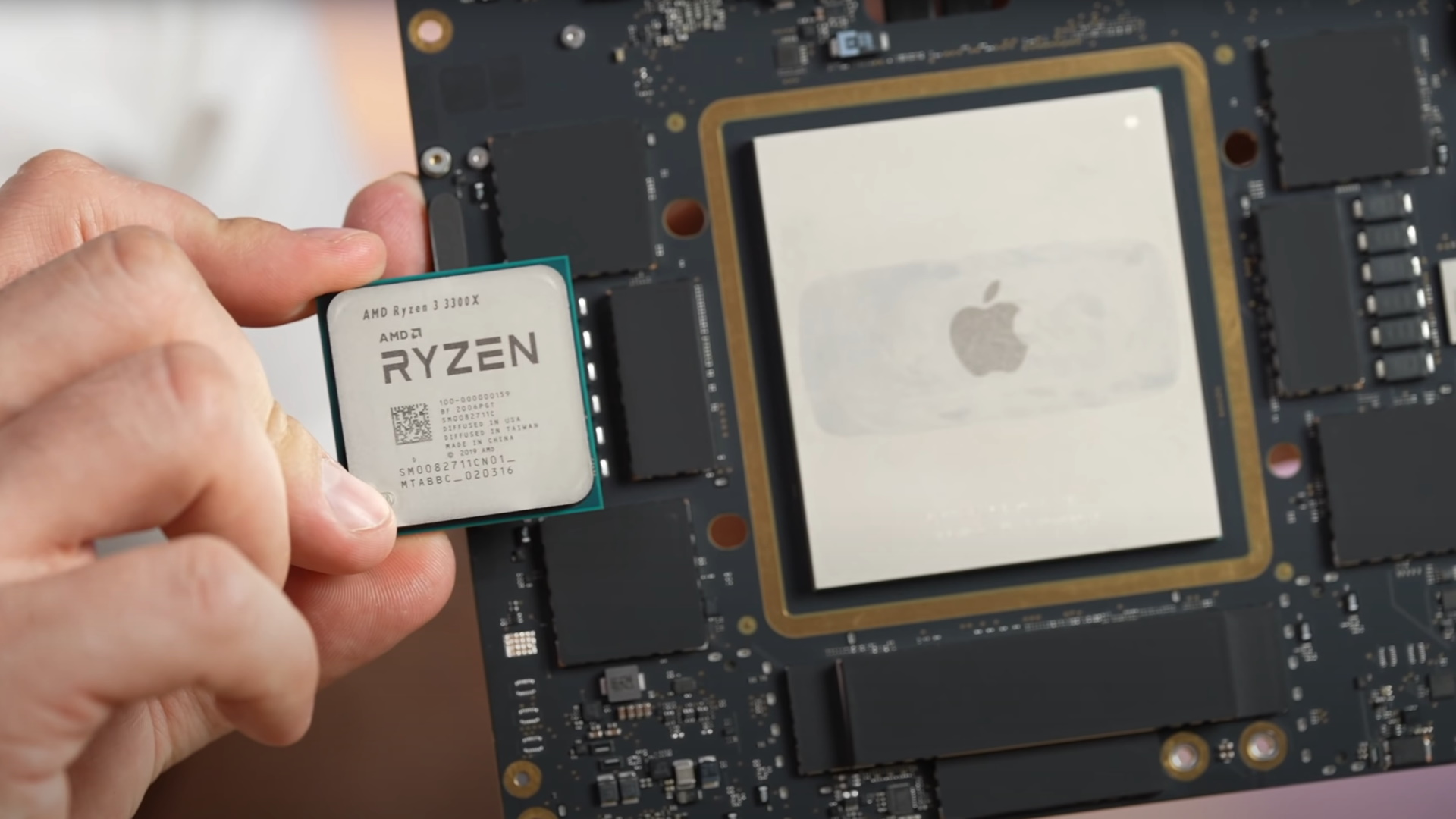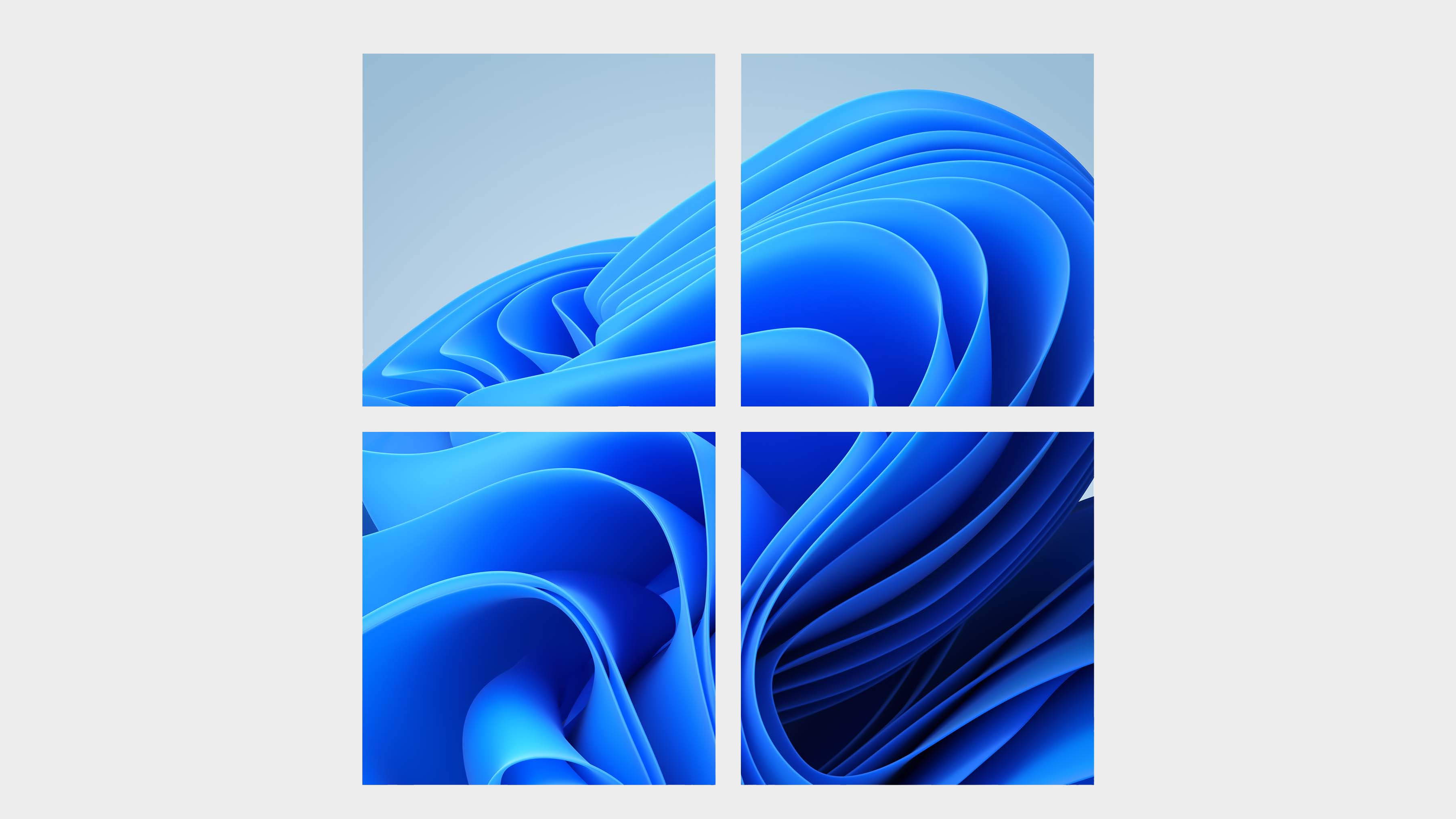
Compared to PCs, gaming on Apple Macs is somewhat of an understated affair, mostly due to the much smaller catalogue of Mac-compatible games. However, one software is aiming to make that a thing of the past by combining a multitude of emulators and application translators into a single operating system called Fedora Ashahi Remix. It's Linux, Jim, but not quite as you know it.
We first learned of the project via Ars Technica but one of the developers involved, Alyssa Rosenzweig, has been frequently reporting on the work on her blog. The latest entry details how Fedora Ashahi Remix (FAR) lets you fire up Windows-based games, such as Control, Fallout 4, Cyberpunk 2077, and Witcher 3, on any Apple Mac using the M1 chip.
All one has to do is install the Linux distro, enter dnf upgrade --refresh && reboot in the command prompt to update drivers, followed by dnf install steam and you should be good to go.
What the developers had to do, though, was entirely more complex and challenging. Apple M1 chips are fundamental Arm-based in terms of architecture, so FAR uses FEX-Emu to run x86 binaries (i.e. compiled code) on Arm. It also uses Wine to translate Windows commands into Linux ones, and DXVK/vkd3d-proton to convert instructions for DirectX into ones for Vulkan.
Rosenzweig explains one significant hurdle that the project had to overcome: "Operating systems allocate memory in fixed size pages. If an application expects smaller pages than the system uses, they will break due to insufficient alignment of allocations. That’s a problem: x86 expects 4K pages but Apple systems use 16K pages."
The solution was borderline genius: the main Linux operating system uses 16K but runs another virtual Linux kernel using 4K pages. Games are then run in the latter, including all of the hardware calls the game makes, but since this is then all emulated by the main Linux kernel, the Apple hardware is none-the-wiser.
Now, I know you're thinking that this can't be super fast. Rosenzweig admits that the latest AAA games don't run at 60 fps just yet but that's because the primary goal of the project is to be as broadly compatible as possible. "Correctness comes first. Performance improves next," says Rosenzweig.
Fedora Ashahi Remix isn't just about gaming, though, and the project is pushing ahead to include as wide a level of x86 emulation as possible.
One thing that's worth mentioning is that the virtual machine is designed to allow emulated applications to use up to 80% of the system's memory. While this can be configured to be lower, it does mean that if your Apple M1 Mac only has 8 GB of RAM, you're potentially going to run into problems. Ideally, you want 16 GB or more.

Windows 11 review: What we think of the latest OS.
How to install Windows 11: Our guide to a secure install.
Windows 11 TPM requirement: Strict OS security.
The Steam Deck has shown that it's perfectly possible to run Windows-based games in Linux, though that platform does have the advantage of using x86 hardware. The team behind FAR deserve a huge amount of respect for getting this to all work with Arm-based hardware.
Now, the real question is whether or not, this could potentially be transferred onto laptops using Qualcomm's Snapdragon X processors. Such PCs currently use Windows on Arm to run native x86 applications on the Arm-based CPU but for games, it's not the greatest of solutions and perhaps the likes of FAR could work better.
More importantly, it's perhaps a sign that gaming PCs of the future could be shipped with a Linux distribution that has no problems whatsoever running any Windows-based game or application. After all, many PCs have ridiculously powerful CPUs and masses of RAM that are heavily underutilized in games, as it's the GPU doing all that hard work.
I'll be the first in the queue for that operating system if it ever happens.







